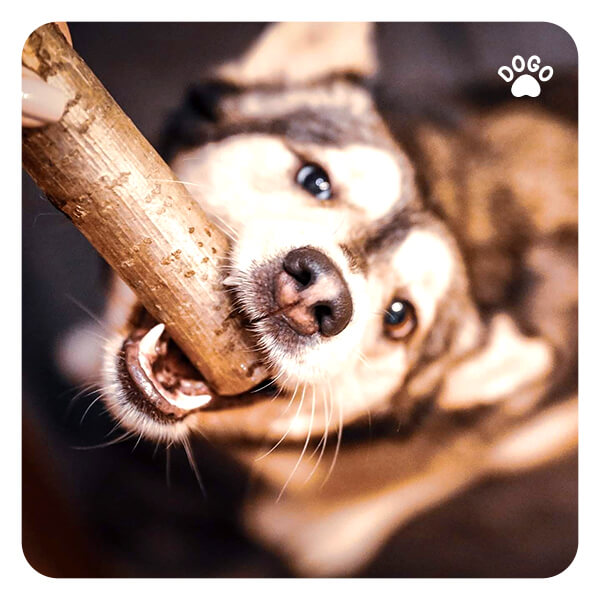 You’ve just welcomed a new puppy into your home, and while it’s an exciting time, you may be experiencing some frustration with their biting behavior. Rest assured, this is a common issue that many new puppy owners face, and there are effective ways to address it. In this blog post, we’ll explore why puppies bite, the reasons behind this behavior, and, most importantly, how to stop puppies from biting.
You’ve just welcomed a new puppy into your home, and while it’s an exciting time, you may be experiencing some frustration with their biting behavior. Rest assured, this is a common issue that many new puppy owners face, and there are effective ways to address it. In this blog post, we’ll explore why puppies bite, the reasons behind this behavior, and, most importantly, how to stop puppies from biting.
Understanding Why Puppies Bite
Puppies explore the world around them using their mouths. It’s a natural instinct for them to use their teeth to play, investigate, and learn. When puppies are with their littermates, they use biting as a way to communicate and establish their place in the pack. However, when they transition into our homes, they continue to use this behavior, unaware that it can cause discomfort or harm to humans. It’s crucial to remember that puppies don’t bite out of malice but rather because it’s a fundamental part of their development.
Teaching Bite Inhibition
One of the most effective ways to stop puppies from biting is to teach them bite inhibition. This process involves helping your puppy understand the pressure of their bite and how to control it. When playing with your puppy and they nip too hard, let out a high-pitched yelp to mimic how their littermates would react. This signals to the puppy that their bite was too strong, and they will learn to adjust their pressure. If the puppy continues to bite, you can calmly withdraw your attention for a brief moment, reinforcing the message that biting results in a loss of playtime.
Redirecting Behavior
Another valuable technique involves redirecting your puppy’s biting behavior. When your puppy starts to bite, provide them with a suitable chew toy or a bone. By consistently offering an alternative to biting, your puppy will begin to associate chewing on appropriate items with positive reinforcement. This not only helps to reduce biting but also encourages good chewing habits.
Consistency and Patience
Stopping puppies from biting requires patience and consistency. It’s essential to remember that change won’t happen overnight. Keep in mind that puppies are learning and will make mistakes along the way. By responding consistently and calmly to their biting behavior, you are teaching them valuable lessons that will benefit them as they mature.
Socialization and Obedience Training
Socialization and obedience training are also crucial components in addressing biting behavior. Exposing your puppy to various environments, people, and other dogs helps them learn appropriate social behavior. Obedience training reinforces good manners and establishes your role as the pack leader. By integrating these elements into your puppy’s routine, you can help them develop into well-mannered and well-adjusted adult dogs.
Seeking Professional Help
If you find that your puppy’s biting behavior is persistent and difficult to manage, seeking professional help from a certified dog trainer or behaviorist can provide invaluable guidance. These experts can offer personalized strategies tailored to your puppy’s specific needs and can address any underlying issues contributing to the biting behavior.
In conclusion, addressing biting behavior in puppies requires understanding, patience, and consistent training. By teaching bite inhibition, redirecting their behavior, and integrating socialization and obedience training, you can effectively stop puppies from biting. Remember, with time and dedication, your puppy will learn appropriate behavior, leading to a happy and harmonious relationship between you and your furry companion.
[/fusion_text]



